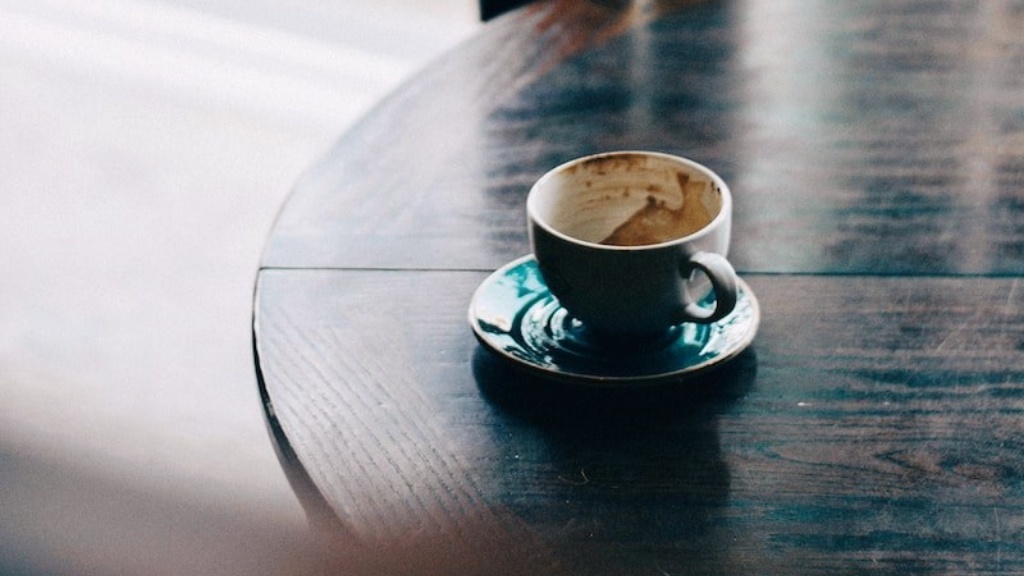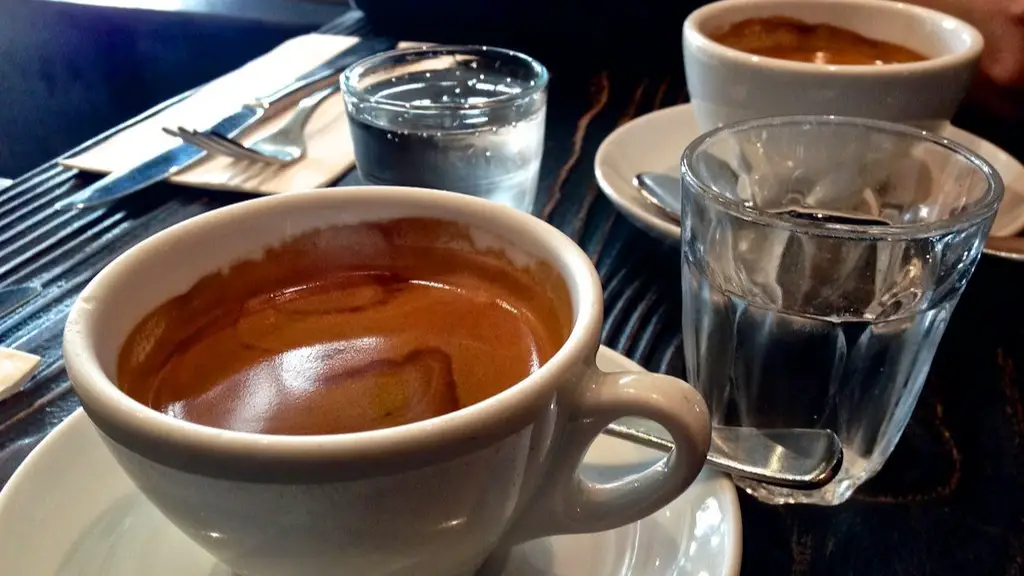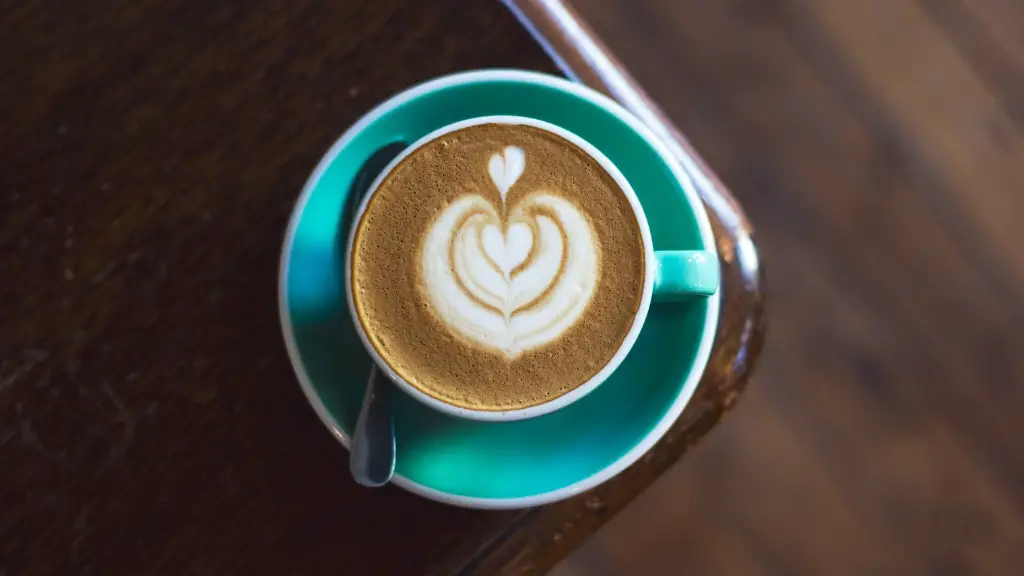Health Benefits of Drinking Coffee Black
In the past decades, coffee has been appreciated for its sheer flavor and for the energy boosting qualities it can bring. Recent studies and research, however, demonstrates that there are many more beneficial effects from drinking black coffee that many are not aware of. As the monotonous cycle of day-to-day life begins, many struggle to find energy. Similarly, today’s leading minds have started looking into the effects of coffee as a way of increasing productivity and focusing on the task at hand.
Plenty of research has been conducted on the effects of caffeine on people’s concentration and arousal, and the evidence that it has a positive impact are overwhelming. Drinking black coffee can provide you with a considerable burst of energy that allows you to work more efficiently. Most scientific experts have identified that one cup of black coffee can result in improved mental alertness and a burst of cognitive function.
In recent years, drinking black coffee has also been found to have potential health benefits. For instance, one study found that drinking the beverage regularly can lower the risk of diabetes. While the exact mechanism of how this is possible is still being researched, experts from the study theorized that the suppression of hunger levels may be the main cause behind the decrease in risk of diabetes.
Furthermore, another study reported that individuals who consume two or more cups of black coffee every day are almost 80 percent less likely to get Alzheimer’s disease. The reason for this phenomenon has been attributed to the compounds found in coffee. According to this particular study, it was found that coffee contains powerful antioxidants, which have been identified to reduce the cognitive decline associated with Alzheimer’s.
In addition, several scientific studies have shown that black coffee is packed with beneficial nutrients. This includes proteins, antioxidants, minerals such as manganese, and a variety of vitamins. Moreover, it has also been reported that black coffee may be beneficial in boosting energy levels, decreasing the risk of certain diseases and increasing the overall wellness of an individual.
Due to the favorable health benefits associated with coffee, it is no surprise that it is now being widely consumed around the world. In fact, some studies suggest that coffee has become the world’s most popular hot beverage for busy professionals who are looking to increase their productivity. Whether one enjoys the hot and peppery flavor of black coffee, or prefers the creamy texture of milk-infused latte – it is clear that coffee is here to stay.
Coffee shop Reviews and Cultural Significance
In today’s day and age, coffee enthusiasts have the privilege of sophisticated coffee bars that brew beautiful beverages that they may not be able to produce at home. From single origin Ethiopian beans to a mocha latte crafted with love – these specialty establishments strive to send coffee drinkers away with a smile on their face. Furthermore, there are several online platforms, such as Yelp and Google Reviews, which allow anyone to research the reviews of the coffee shops in their area.
Coffee has transcended from merely being a beverage to becoming a cultural phenomenon. Coffee culture is defined as “a social atmosphere or series of associated social behaviors that centers on coffee, particularly as a social lubricant”, as defined by the Princeton University Wordnet. This beverage has generated so much passion and enthusiasm that even bars, restaurants and cafes have become a symbol of culture and communal gathering.
With the rise of specialty coffee bars and coffee shops, coffee has become more of a lifestyle and an expression of artistic accompaniment than just a routine to get people ready in the morning. From French presses to Chemex, and from espresso to cappuccino – there is certainly something special and unique with each individual’s coffee-drinking experience.
The coffee industry has also been boosted and supported by local coffee roasters. They curator coffee beans from different parts of the world, roast them and package them for commercial sale. Furthermore, there has also been a rise in coffee festivals, which allow people from around the world to learn and discover new specialty coffee shops.
Environmental Impact
In recent years, there has been a considerable effort to reduce the environmental impact of coffee. From the use of sustainable packaging solutions to the implementation of green energy, the coffee industry is making giant leaps in the right direction. Similarly, various coffee shops have embraced eco-friendly technologies and have implemented sustainable policies in order to reduce their carbon footprint.
In today’s modern world, coffee is much more than just a drink. It has become a part of our lives that is deeply rooted in tradition and culture. We have moved away from merely satisfying our daily caffeine cravings and are now looking for something much more. We are looking for a one-of-a-kind experience that has the capacity to revitalize the senses and fuel productive days.
By exploring the origins of coffee, producers are also investing in ethical trade practices and are ensuring that farmers across the world are paid fair wages. Sustainable development has also become a priority for many businesses as they strive to minimize their environmental footprint and become an integral part of the global effort of environmental conservation.
It is clear that the coffee industry is making significant efforts to reduce their environmental impact by introducing meaningful strategies and initiatives. As the industry continues to grow, it is important for all stakeholders to remain engaged and continue to work together to create the most sustainable practices possible.
Conclusion
In conclusion, there is no denying the various health benefits and cultural nuances that come with drinking coffee black. From a healthy energy boost in the mornings to a reduction in the risk of certain diseases – it is clear that this beverage can be a powerful ally in the mornings. Furthermore, the industry is making great strides in improving their environmental impact and ensuring that sustainable practices are adopted across the board.
Caffeine Addiction
Over-consumption of coffee, however, can have some lasting detrimental effects. As with any food item, moderation is always the key. One of the most common side effects of consuming too much caffeine is feeling jittery, anxious and paranoid. In addition, caffeine addiction can lead to a disruption of sleep and cause fatigue throughout the day. Therefore, it is always advisable to consume coffee in moderation.
The recommended daily intake for adults is around 400 milligrams, which is the equivalent of four cups of coffee. Although this number will vary from person to person, it is important to take into account one’s own size, sex, and overall health because the caffeine tolerance can vary.
It is equally important to note that although coffee has many health benefits, it is also important to note that there are some drawbacks as well. This is especially true for those who are sensitive to caffeine, have certain health conditions, or conditions such as pregnancy, where the intake of caffeine should be regulated accordingly.
Coffee Alternatives
For those looking to kick their caffeine addiction, other alternatives to coffee exist. A popular option is herbal teas, which contain far fewer caffeine levels than coffee, while still providing a soothing, calming effect. Similarly, matcha green tea has become an increasingly popular choice in recent years as a healthy alternative to coffee. It is also relatively low in caffeine content, and contains a multitude of antioxidants that can benefit the overall health of an individual.
Moreover, coffee-lovers can also switch to decaffeinated coffee as an alternative. Decaf coffee contains a significantly lower amount of caffeine than regular coffee, and is widely available. One other alternative is chicory coffee, which is a beverage made from the dried and roasted roots of the chicory plant. It has a strong, distinct flavor and is caffeine-free, making it an excellent option for non-coffee drinkers.
Finally, for those looking for coffee-like drinks without any caffeine, dandelion coffee or roasted barley coffee are two options worth exploring. Dandelion coffee is made from roasted dandelion grass and barley coffee is made from roasted barley grains. Both of these beverages have a pleasant, slightly sweet taste and provide many of the same health benefits associated with regular coffee.
Final Thought
All in all, drinking coffee black has become an increasingly popular trend in recent years. Studies have indicated that a cup of black coffee can have a multitude of health benefits, while at the same time, can keep individuals alert and energized. However, it is important to note that over-consumption of coffee can have a lasting detrimental effect. Thus, it is always best to stick to the recommended daily intake and enjoy the flavor of a cup of black coffee in moderation. Finally, for those who are looking for an alternative, there are plenty of caffeine-free options available.





